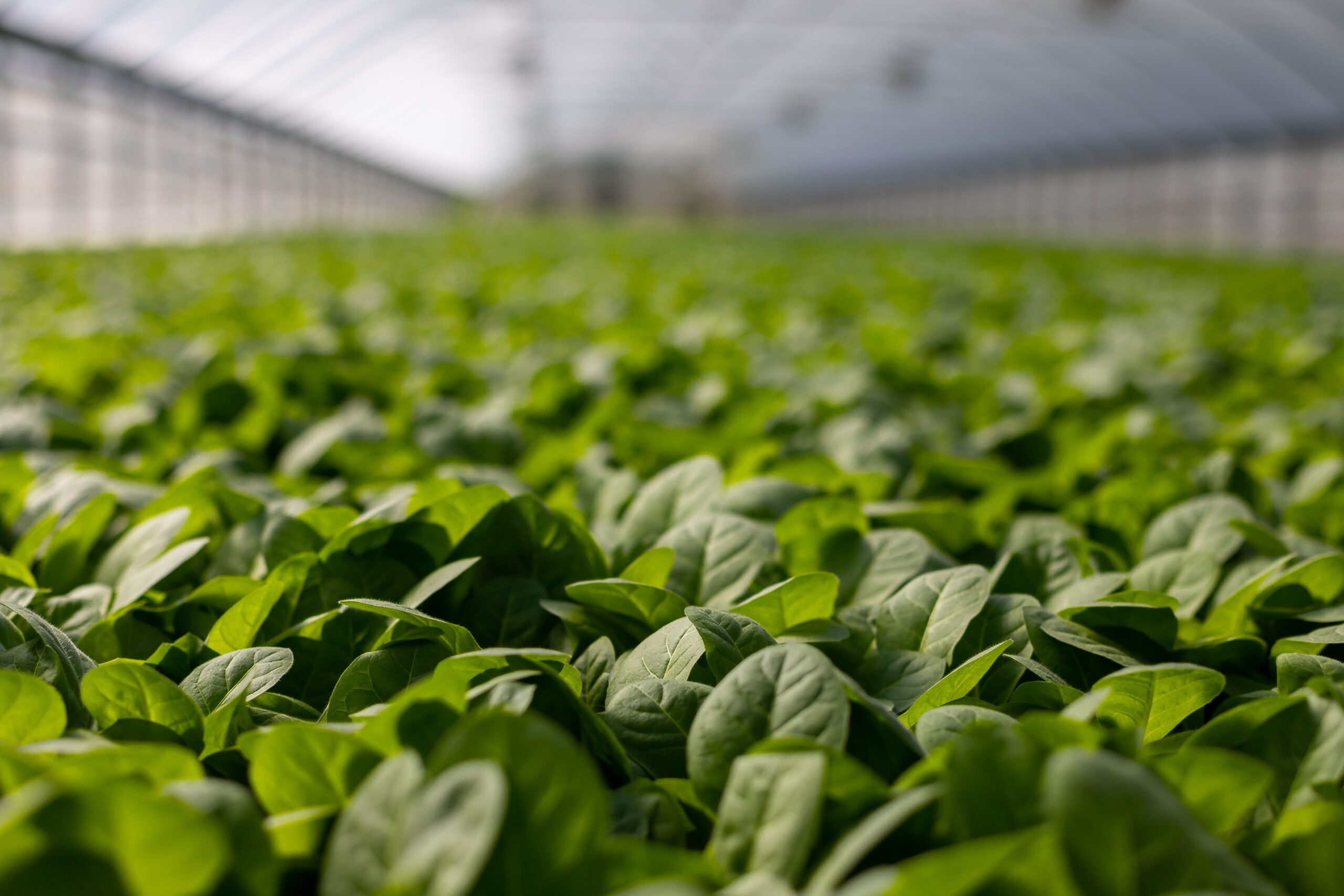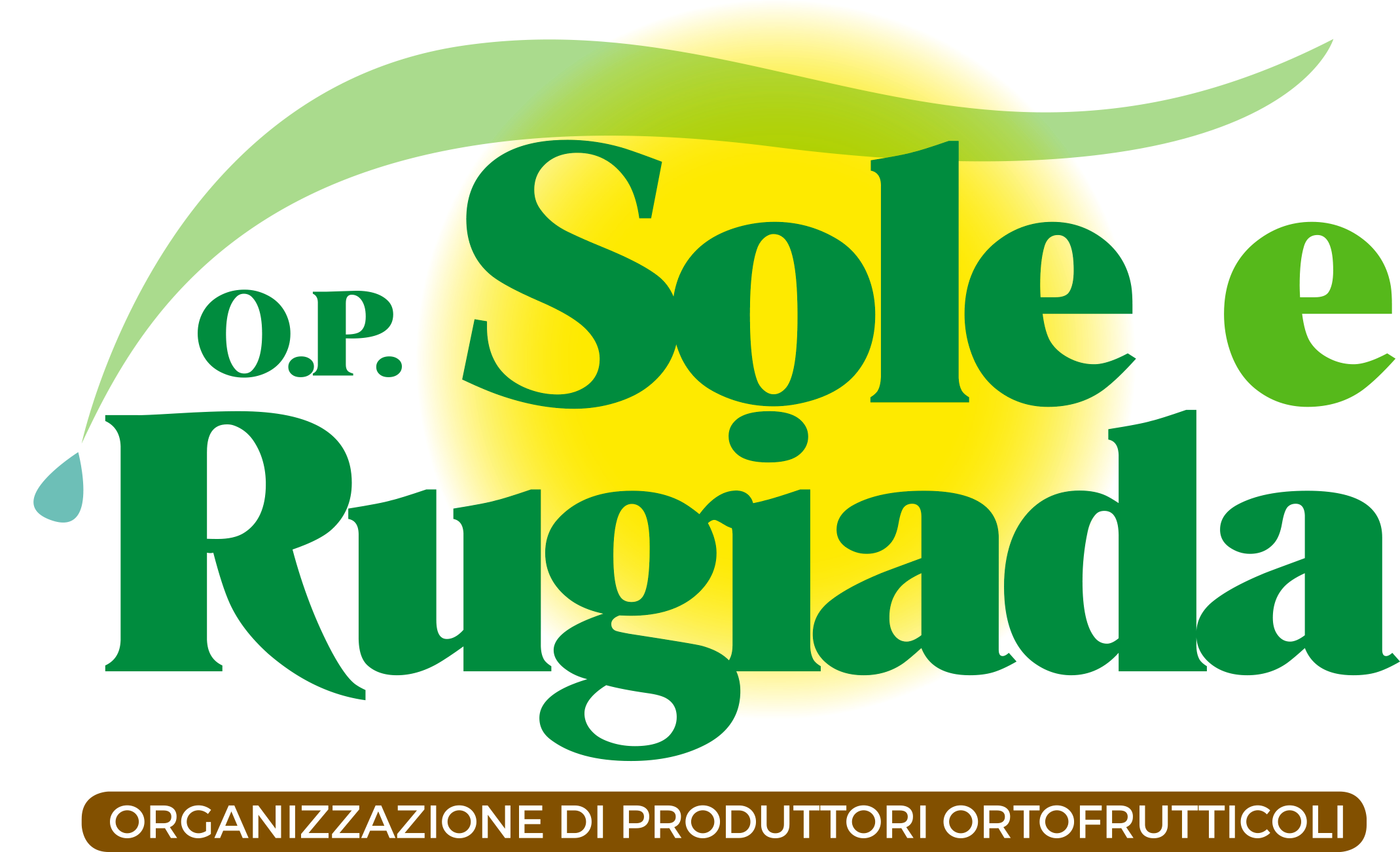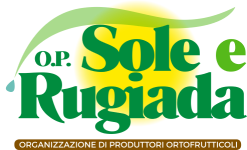INNOVATION
By precision agriculture we mean the set of strategies and tools that use advanced technologies capable of optimizing and increasing soil quality and productivity through a series of targeted interventions.
It is called “precision” because thanks to the most modern tools it is possible to carry out the right intervention, in the right place, at the right time, responding to the specific needs of individual crops and individual areas of the land, with a high level of precision.
Technologies are used first of all to collect data and information that are used first to make decisions about how to improve production and secondly to implement the necessary corrections to achieve that goal.
Today we also talk more and more often about Agriculture 4.0, which is the evolution of the concept of precision agriculture: this expression indicates all those tools and strategies that use cutting-edge technologies in an interconnected way starting from the use of data to improve and optimize production.
YEARS 2022-2023
Thanks to the opportunities offered by the Operational Plans within the OCM Ortofrutta Funds, O.P. Sole e Rugiada supported by the Innovative Society EVJA, University of Naples Federico II Department of Agriculture and CNR-ISP (Institute for the sustainable protection of plants) intends to promote in the two-year period 2022-2023 the research project called “Decision Support Systems based on artificial intelligence data processing techniques in agronomic management systems of companies in the fresh-cut salad sector.
This is in order to raise the qualitative and quantitative standards of products and sustainability in the use of medium-high environmental impact inputs.
The primary objective of the project is the inclusion in OP of monitoring and decision-making analysis systems applied to agronomic techniques (SSD) with significant improvements in management processes and in the reduction of the use of medium-high economic-environmental impact productive inputs such as: water , fertilizers and pesticides.
The primary objective of the project is the inclusion in OP of monitoring and decision-making analysis systems applied to agronomic techniques (SSD) with significant improvements in management processes and in the reduction of the use of medium-high economic-environmental impact productive inputs such as: water , fertilizers and pesticides.
This allows a significant reduction in economic costs as well as in environmental costs associated with agricultural production in the fresh-cut salad sector.
In summary, the introduction and use of S.S.D. in the fresh-cut salad sector, it will introduce an important product and process innovation, ensuring high standards of product safety and quality. In addition, the use of artificial intelligence and innovative machine learning models will reduce the updating and calibration of the models themselves so that they can be automatically updated based on the input data entered into the system and collected during the design phase.
The development of the project will give the OP and its member farms completely innovative tools for the management of agricultural soils, favoring the application of bio-fertilizers and biostimulants for the optimal maintenance of crop conditions, orienting agriculture towards increasingly respectful methods of the environment.
Promoting and guaranteeing a balanced microbiome in the rhizosphere of cultivated plants will result in a substantial reduction in the contributions of synthetic fertilizers (minerals) as well as pesticides, because it is known that a plant that grows suitably bio-stimulated and bio-fertilized is more resistant to stress of biotic origin.
In summary, the expected results of the project can be summarized as follows:
- Evaluation of the conditions of mineral and microbiological fertility in the various pedo-climatic and cultivation sectors, in order to preliminarily identify the problematic situations that may be encountered;
- Adoption and implementation of laboratory analytical protocols of one or more parameters for evaluating the fertility of the soils and the microbiological quality of the same;
- Field testing of the results of soil analysis (Nitrogen, organic matter and fertility) and their impact on the main horticultural crops;
- Definition of fertilization plans, in particular nitrogen, organic and microbiological;
- Definition of cultivation techniques and soil processing methods that allow for the conservation and increase in the quality and quantity of beneficial microbiomes.


